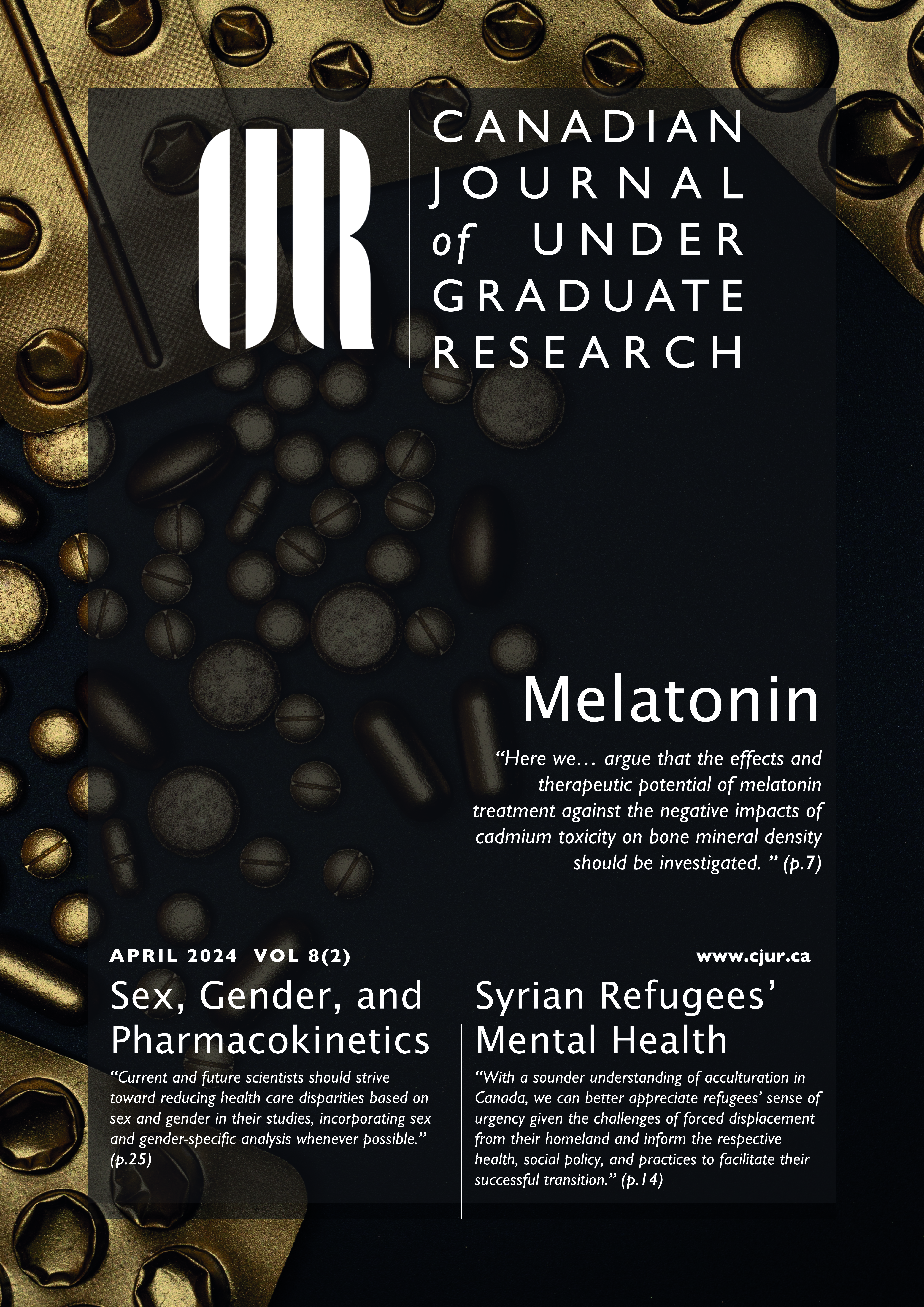Electrophysiology of Benign Familial Neonatal Seizures and the Current Therapeutic Approach
Abstract
Although neonatal seizures are not quite prevalent, the occurrences are noticed every year. Specifically, despite the low number of reports, it was found that some patients with a history of benign familial neonatal seizures were more likely to get epilepsies in their later life. However, largely due to the high ethical standards imposed on conducting research on neonatal populations, neonatal seizures and their anti-convulsant treatments are not as well-understood as the cause and the epidemiology of seizures found in adults. This is problematic, as prominent pharmacological approach for the neonatal seizures had been based on adjusting doses of conventional anticonvulsants for adults. This approach is not favorable as neonates have distinctive physiological characteristics, compared to those of adults. Thus, simply adjusting the dose of the drugs may have sub- or supra-therapeutic effects, or even lead to lethal effects on the patients. The focus of this paper is to explain the electrophysiological cause of benign familial neonatal seizures and the therapeutical attempts that had been done to treat the syndrome.
Downloads
Published
Issue
Section
License
Authors who publish with this journal agree to the following terms:
- Authors retain copyright and grant the journal right of first publication with the work simultaneously licensed under a Creative Commons Attribution License that allows others to share the work with an acknowledgement of the work's authorship and initial publication in this journal.
- Authors are able to enter into separate, additional contractual arrangements for the non-exclusive distribution of the journal's published version of the work (e.g., post it to an institutional repository or publish it in a book), with an acknowledgement of its initial publication in this journal.
- Authors are permitted and encouraged to post their work online (e.g., in institutional repositories or on their website) prior to and during the submission process, as it can lead to productive exchanges, as well as earlier and greater citation of published work (See The Effect of Open Access).

